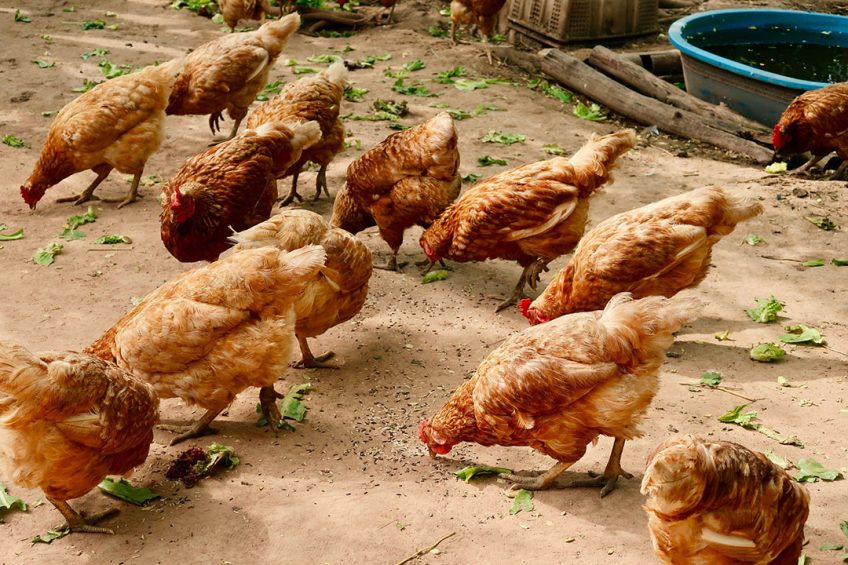Covid-19: Support for Senegal’s poultry sector

In March 2020, the measures put in place in Senegal to curb the spread of Covid-19 greatly affected the economy.
The government launched the US$ 1.67 billion Economic and Social Resilience Program, and in addition recently announced a post-Covid economic programme to relaunch the economy, which will prioritise several key sectors including agriculture and livestock.
Herders and poultry farmers in Senegal have been severely affected by the closure of weekly markets where live animals are sold, the prohibition of long-distance travel between regions for grazing, as well as reduced demand due to the cancellation of large family and religious events and the closure of hotels and restaurants.
Fall in poultry demand
The pandemic caused demand for poultry to fall, which reportedly resulted in more than a 50% drop in revenue for poultry producers, making it difficult to continue buying feed and other inputs. Demand fell mainly due to the cancellation of major religious and family events, as well as the closure of hotels, restaurants, and markets, and a drop in consumer income further aggravated poor demand. Many poultry producers had to sell their chickens at a loss, whereas only a few producers with access to cold storage have been able to freeze their surplus stocks.
 Covid-19 Up-date
Covid-19 Up-date
What impact is the pandemic having on the global poultry sector and how are they dealing with it.
Soften the blow of Covid-19
The government of Senegal spent 2 billion CFA (US$ 3.3 million) to purchase livestock and poultry feed to be sold at subsidised prices to herders and livestock farmers. According to the association of poultry producers, the government of Senegal will distribute a total of 13,200 50 kg bags of poultry feed.
The Senegalese poultry industry is comprised of 5 or 6 large commercial farms raising 10,000 birds or more every 45-60 days in enclosed sheds and thousands of smaller poultry farms raising between 1,000 and 2,000 birds in open air sheds every 45 days.
The information in this article is sourced from a USDA Gains report prepared by Fana Sylla.













